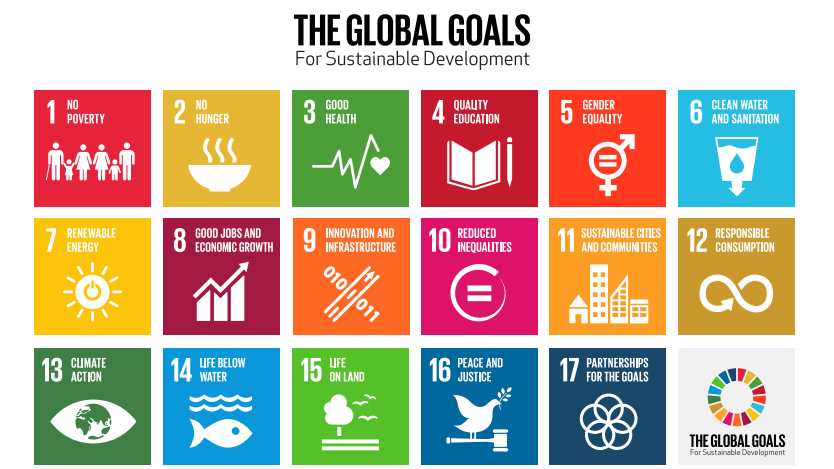In 2015, leaders from all 193 countries of the United Nations made the most ambitious plan that has ever been agreed. World leaders agreed to 17 Global Goals (officially known as the Sustainable Development Goals or SDGs). These goals have the power to create a better world by 2030, by ending poverty, fighting inequality and addressing the urgency of climate change.
At Hartburn Primary School, we firmly believe that by teaching children about the Global Goals, we show them that a better world is possible. This enables our children to become effective global learners who are committed to their local and global responsibilities. Learning about these goals helps our students develop insights into critical issues around the world, such as lack of access to clean water and gender equality. These issues are inseparable from culture. Students will have a deeper understanding of their own identities and what makes their culture unique. The more they learn, the more their curiosity and compassion for others will grow.
In our increasingly interconnected world, we need to prepare the next generation to be global leaders who are able to lead and thrive in the global marketplace. At Hartburn, we engage students in practical goals and problem-solving by putting issues into relatable contexts. We set high expectations for all children through engaging and age-appropriate activities, challenging ideas through higher-order questioning and informal debating. Global learning enables pupils at Hartburn to think critically about world issues and to develop an awareness of the impact our own actions can have on others. A holistic approach to global learning equips our students with the essential knowledge, skills and attitudes that will enable them to realise their potential and make a positive contribution to our world.
The Global Goals also help to develop children’s resilience as they teach our pupils key life skills and broaden their knowledge of relevant global issues. Key global learning concepts include poverty, global inequality, social justice, and sustainable development. Our personalised curriculum provides ample opportunities to integrate global learning across all subject areas with the aim of encouraging children to become active participants in the learning process. Children are involved in choosing global learning topics that interest them and learning is connected to current events in the world around them.
These are the 17 Global Goals:

